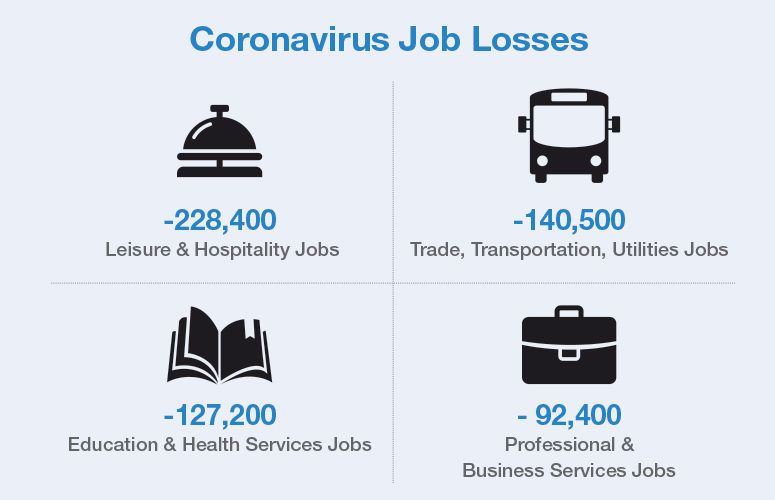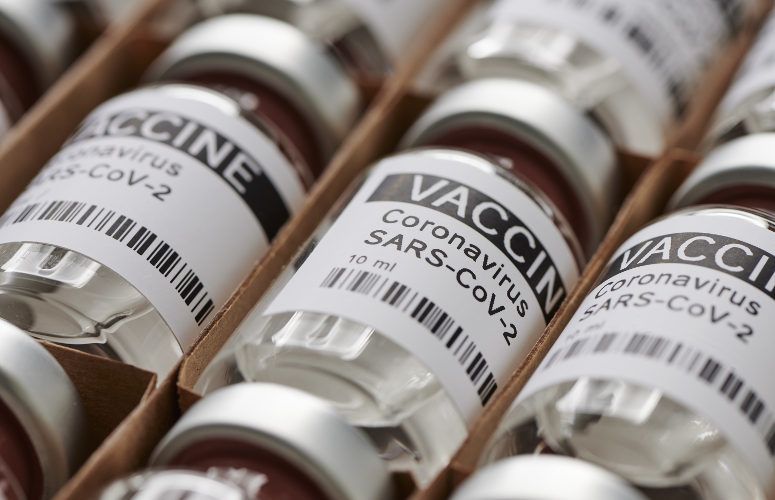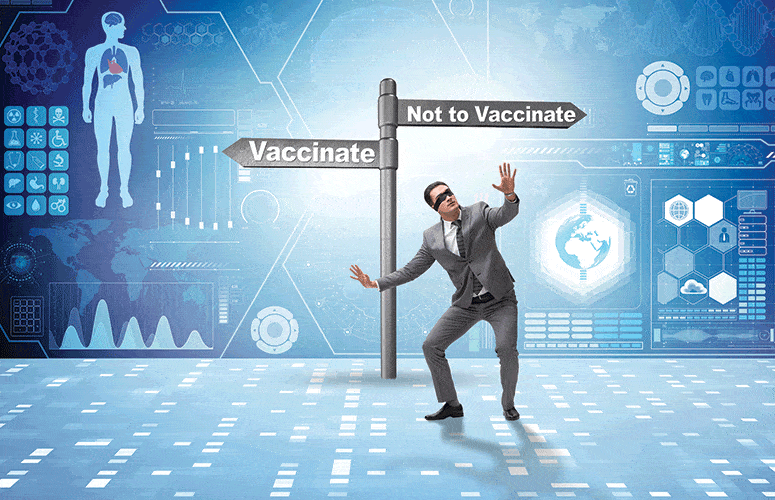
Coronavirus: Most Businesses Suffered Job Losses, but Not Equally
By Nicole M. Sandelier, Executive Director of Focus NJ On Jul 31, 2020Prior to the coronavirus, New Jersey was experiencing record low unemployment rates. While many economists predicted some type of economic downturn in the coming years, very few had predicted job losses that would supersede the Great Recession. Prior to the pandemic, the state’s economic future was expected to remain steady, and the job market was anticipated to remain competitive.
In March 2020, the effects of the coronavirus pandemic resulted in non-essential business closures of brick and mortar stores and stay-at-home orders in the Garden State. Suddenly, workforce plans for the next decade were either accelerated or tossed in the trash, forcing businesses and employees to adopt new workforce strategies within a matter of days. While some industries were able to adjust to the work-from-home, technology-centric environment, many experienced a devastating blow to their ability to run their businesses and pay their staff, which resulted in unprecedented furloughs and layoffs.
In a matter of weeks, the Garden State went from record low unemployment, to record highs. At the peak of New Jersey’s coronavirus closures, over 30% of the state’s civilian labor force filed for unemployment. To put the magnitude of this job loss into perspective, unemployment rose higher in the first three months of the coronavirus pandemic than it did during the two years of the Great Recession.
Most industries suffered job losses, but not all suffered equally. Restaurants, food and beverage services, event planning, theme parks, travel and tourism, and lodging are all sectors within the leisure and hospitality industry that were disproportionately impacted by coronavirus closures. New Jersey’s leisure and hospitality industry experienced the largest decrease in employment, losing 228,400 jobs during state mandated closures, according to the most-up-to-date data from the New Jersey Department of Labor. The industry experienced a 57% reduction in employment compared to pre-coronavirus job numbers.
Other industries also experienced a large loss of employment. The trade, transportation, and utilities industry experienced the second-largest loss, reporting a decrease of nearly 141,000 jobs. The education and health services industry experienced a decrease of more than 127,000 jobs. And the professional and business services industry reported a loss of approximately 92,400 jobs. Collectively, these industries represent 44% of the jobs losses from COVID-19.
Now the question becomes: How many of those jobs can New Jersey regain? Gov. Phil Murphy mandated closure of non-essential businesses for several months to prevent the spread of the virus and “flatten the curve.” Given the length of closures, the questions have changed from when businesses will reopen to if they will reopen. And if they do reopen, will they be able to recover and survive or will they ultimately need to shut their doors permanently?
To access more business news, visit NJB News Now.
Related Articles:





